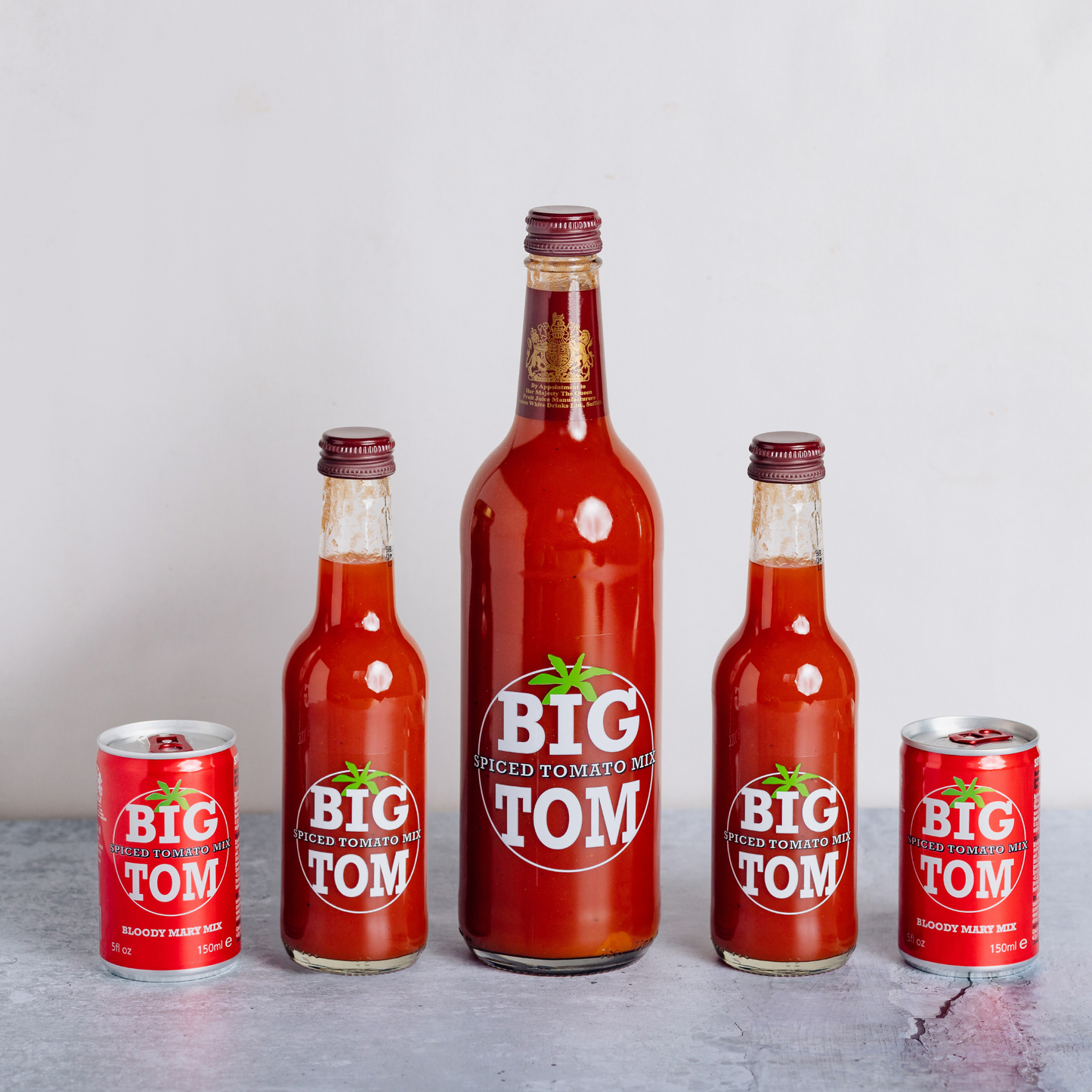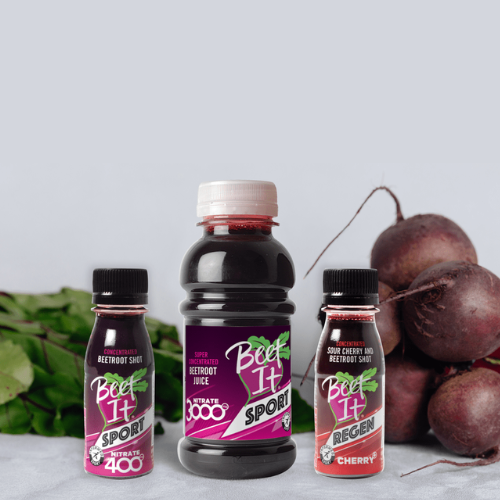
March ambassador
Q&A with Tomasz Drybala
How did you get involved in ultra-running?
I’ve always been into running although not for more than an hour at a time but when I started focussing on my mental health I began running for longer and further. I started practicing mindfulness in the form of active meditation and running was a natural way for me to do this; I then discovered ‘Flow’ and running became a passion. I started ultra-running in 2017 after following Ross Edgley complete the Great British Swim; seeing someone complete such an extreme challenge was inspiring and I wanted to push myself further and do bigger challenges.
What is your greatest achievement in ultra-running?
When I started running, I never imagined that I would set myself such big challenges; my first was to run 5 million steps which I completed within 101 days. In one month alone I managed 2 million steps and that was a great achievement. My greatest achievement though, was running 11,000 km from Hanoi, along the ocean coast to Singapore and through Indonesia. What makes it my greatest wasn’t just the distance but the fact that I managed to complete it in spite of Covid and the restrictions we were all be placed under; I found myself in a small village just outside of Sumatra, everything in lockdown, so completed the challenge through a series of 268 half marathons during my daily exercise.
Which part of the epic 40k World Run running route are you most looking forward to and why?
The most challenging part is the one I’m most looking forward to and that is the Empty Quarter, the Sahara Desert. I’ll be running in extreme temperatures and in one of the most isolated places on Earth which is really scary, and I know I’ll be putting all my active meditation techniques to the test.
What motivates you to take on such an epic challenge?
As a father I have a responsibility to teach my Kids that anything is possible; that they need to work hard and focus on their dreams, not to listen to other people’s negativity. I hear so many people say they couldn’t do what I do, but I really believe that they can, or at least their own version, if they put their mind to it. I also want my Kids to know there’s a wide world out there, full of diversity, culture and most importantly full of opportunities for them to experience; it’s important to me that they aren’t afraid to go out into the world and try new things. I’m also strongly motivated about sharing my own experiences with people, things I’ve learnt through mindfulness and active meditation. The Impact this has had on my life and my mental wellbeing has been huge; when I started running, I was at a low point in my life and I want others who are feeling like that now to know there is a way through.
How can people follow you progress during the 40k World Run?
Anyone who wants to follow me can find me on Instagram (@tomasz_drybala). I’ve also got a facebook page, YouTube channel and of course there’s the website. When I start the challenge there will be a page tracking progress as well as highlighting some of the stops we are making in support of UNICEF.
What advice would you give to someone looking to take up ultra-running?
One of the first things I tell people, even when they are starting to run for the first time, is to just put some trainers on and get out there. Don’t think about the distance, or time, just focus on each step. During my Ultra Run I will be running 75km per day, but I won’t be thinking about that as I’m putting on my trainers, or even as I’m running. I just set myself small milestones for example running the first 2.5km, then I concentrate on running the next 2.5km and then the next. Because I’m not thinking about the end goal, I can enjoy the running and I naturally find myself running for longer periods.
What is your top tip for ultra-runners (excluding nutrition)?
Focus on the moment, don’t think about your end goal as your subconscious can create barriers before you even leave the door. These barriers become distractions. Before I go for a run, I will always check a map and plan my route identifying key landmarks, I establish these in my mind as rewards and clear my mind of everything but the next landmark. As I reach each one my brain recognises these as a milestone and my reward is a release of dopamine in the brain which boosts my mood giving me positive energy and motivation to continue to the next landmark. Over time the distance between the landmarks become less important and the brain begins to focus on the reward when you get there.
Describe your perfect weekend.
With all the training and preparation for the Ultra Run, Running has become an integral part of my lifestyle and during the weekdays I spend most of my time training, so the weekends are important for me to spend time with my Kids. As an ultra-runner it’s also important to spend time to rest and I do this through active recovery, that means lots of swimming, walking, yoga and meditation.
What are your main reasons for recommending Beet It Sport?
I teach people about the importance of mindfulness and how to create flow to bring focus, creativity and joy into their lives. An important part of this is understanding how to use, as well as preserve, energy. Beet-It Sport helps me to do this with the mix of nutrients I get from the shot I take before going out for a run as this helps me to push oxygen to working muscles meaning they use less energy. This is energy that I can preserve and use for later and I have found, since incorporating Beet-It Sport into my pre-training routine, I have more energy reserves later in the day, my recovery time is much quicker; it literally takes me an hour or two and I use less mental energy to get back on track with other work that I need to do.
We know that consuming beetroot juice can increase the amount of oxygen to the brain and improve reaction time during fatigue and this is crucial to my work. Research also shows that drinking beetroot juice combined with exercise can improve function connectivity in the region of the brain that is responsible for decision making and working memory. These results are fascinating and have many potential applications for everyday life such as improving performance when fatigued, reducing ‘brain fade’ at work and for general brain health. In theory this means that Beet-It Sport can help create conditions for Flow, it’s exiting that I now have the opportunity to test this within my work and, within a few months, present the results of my research.
Anything additional you would like to say about Beet It Sport?
When I take my shot of Beet-It Sport I don’t feel a surge of energy, but I can definitely feel a slow release of energy whilst running. I feel more confident in my training because my muscles aren’t getting tired as quickly as they would have done before and most importantly, I’m more relaxed after running knowing that I’m not going to be tired which helps me get into Flow, which in turn, boosts my cognitive performance later for all the other obligations that I have.
We know from the research that Beet-It Sport improves exercise efficiency, fatigue resistance and exercise performance. I experience all of this but what drives me to be passionate about Beet-It Sport is what happens later, when I get back from running and start my work and family life. We know Beet-It Sport improves and maintains mental function, reaction time and pattern recognition and my interest in on the improved cognitive performance and this means improved focus which is critical in getting into Flow.
Connecting the results of the research and my work means I can more Flow in my life. I have been drinking one shot a day for nearly two months and I have already experienced it. This means more confidence, more creativity, faster learning and building automatic motivation.
I’m so excited to partner with Beet-It Sport during my next change and test these theories even further.


